Unfortunately, the browser you use is outdated and does not allow you to display the site correctly. Please install any of the modern browsers, for example:
Google Chrome Firefox Safariour history
IFAW was founded by Brian Davies with the goal to stop the commercial hunt for whitecoat seals and blueback hooded seals on the east coast of Canada.
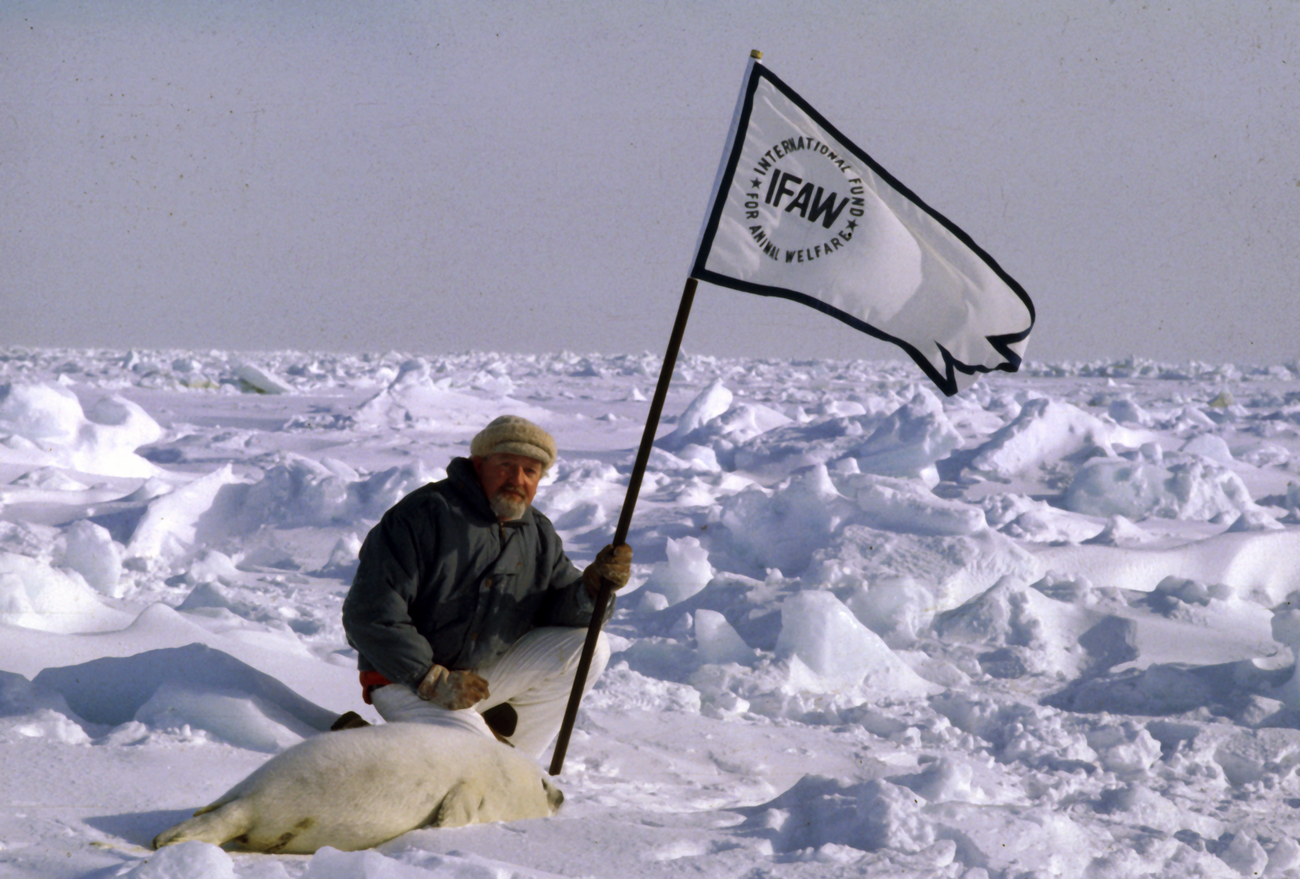
Stichting IFAW was the first IFAW office outside the United States. It gave IFAW additional support to fight the seal hunt, which at the time led to a storm of protests in the Netherlands.
Europe bans importation of “whitecoat” Harp seal products, saving more than a million newborn seals from the slaughter over the next 10 years.
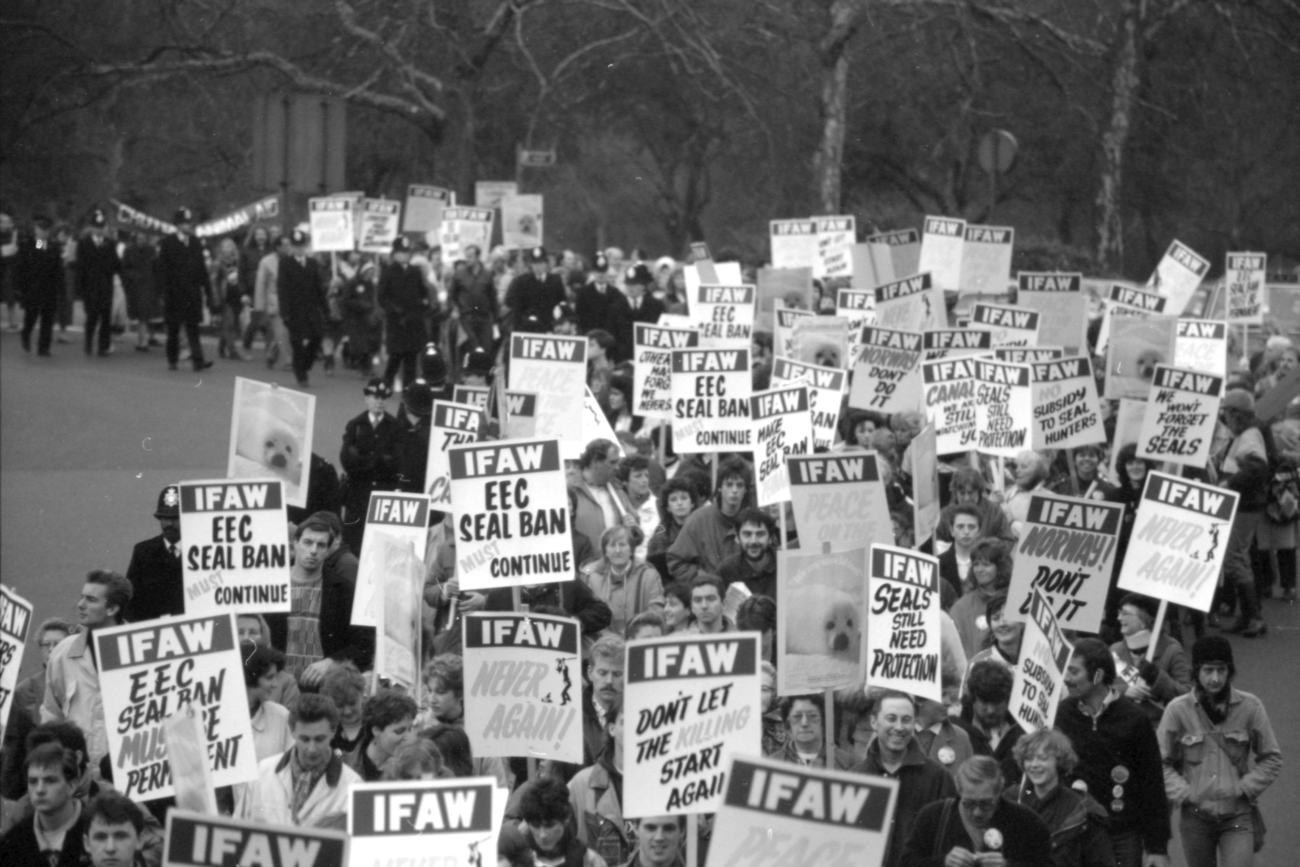
In Uganda, IFAW steps in to save elephants, hippos, and other wildlife from poachers in Queen Elizabeth National Park. The elephant population rebounds from 150 to 2,400 and is now considered one of the finest in Uganda.
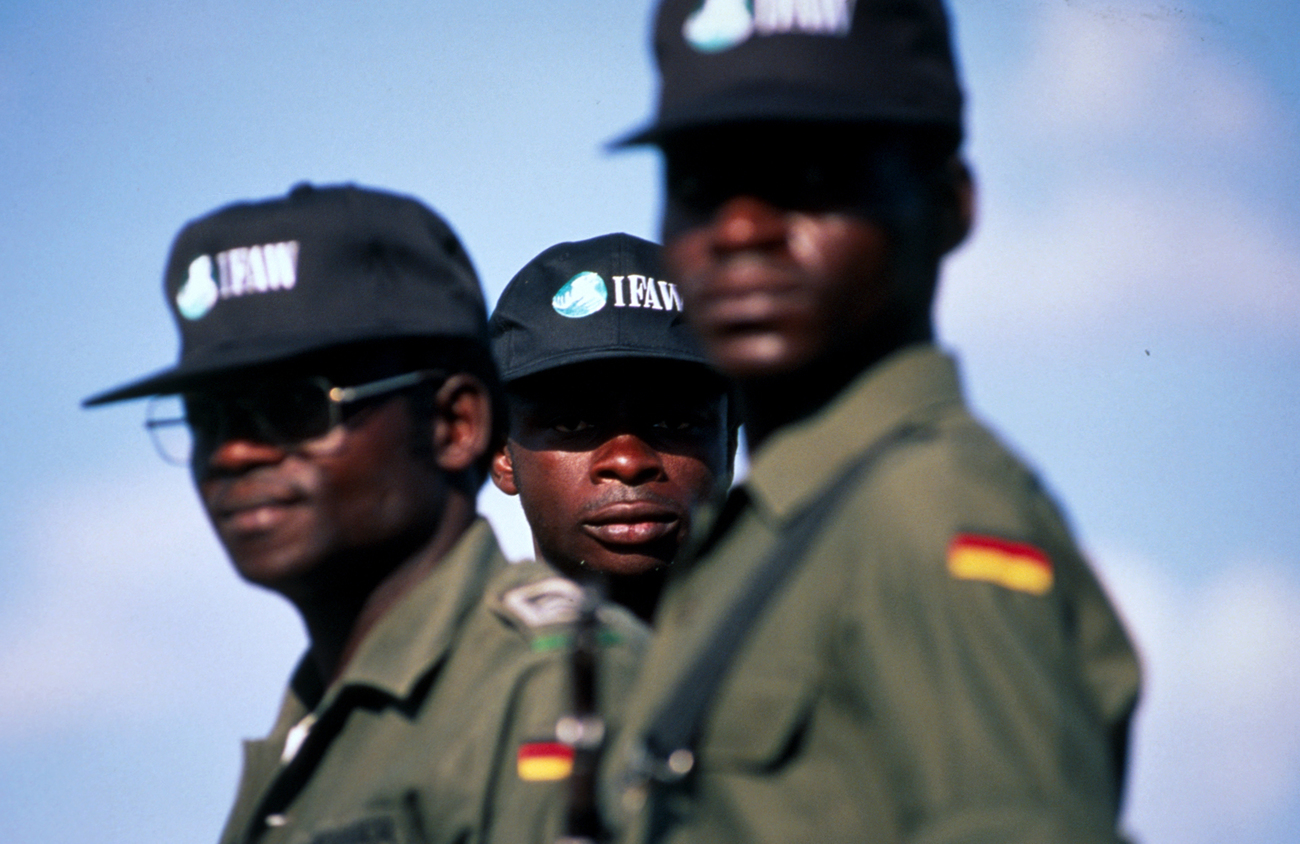
IFAW helps win a crucial ivory ban saving thousands of elephants from poaching.
1990s: Seminal research on IFAW's research vessel, Song of the Whale, helps demonstrate that Japan does not have to kill whales in the name of “science.”
IFAW brings veterinary care to pets in poor areas of Johannesburg, The project will help nearly 500,000 cats and dogs over the next 24 years.
IFAW spearheads international efforts to establish the Southern Ocean marine sanctuary, protecting 90% of the world’s whales.
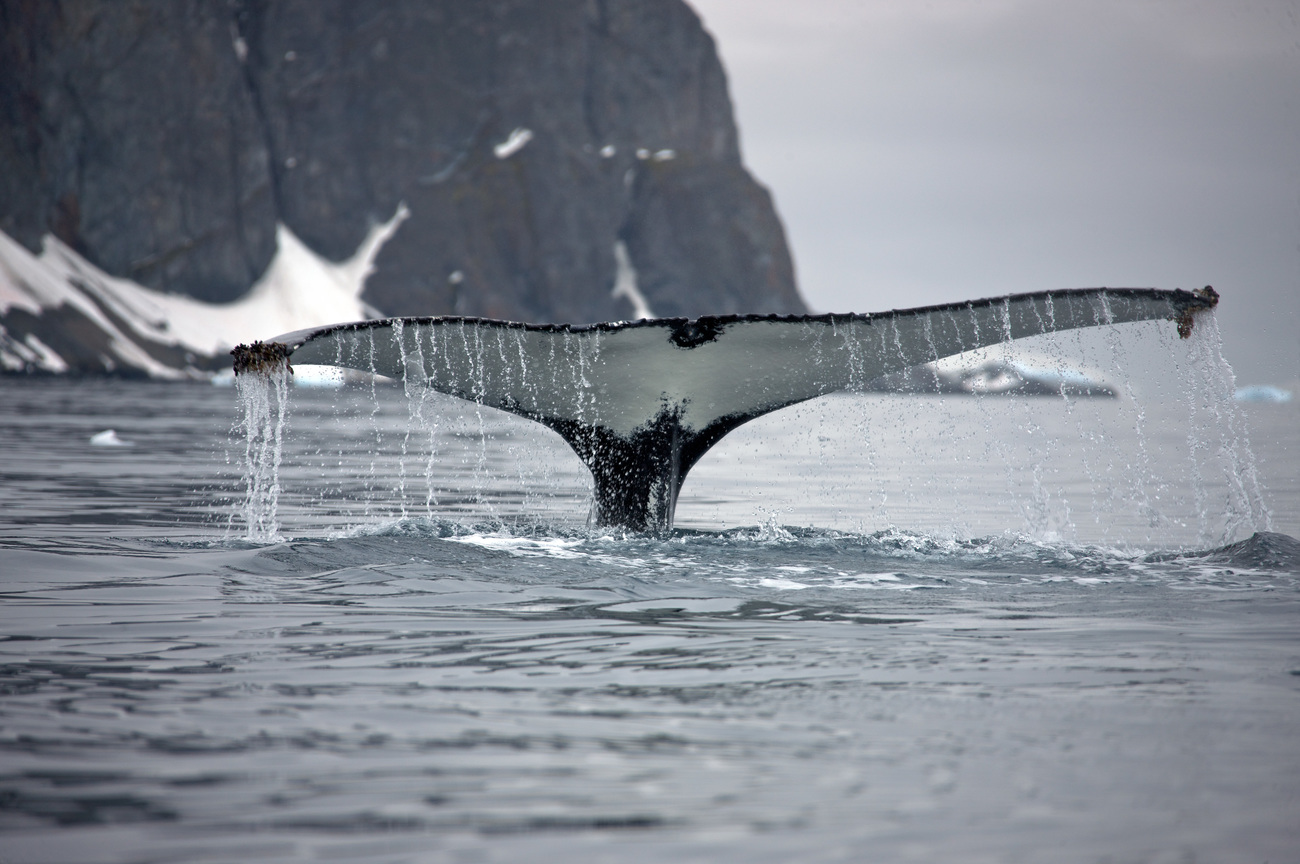
A freighter sinks off the South African coast, covering 38,000 penguins in oil. IFAW leads the largest oiled bird rehabilitation effort ever. More than 90% of the birds are successfully released back to the wild.
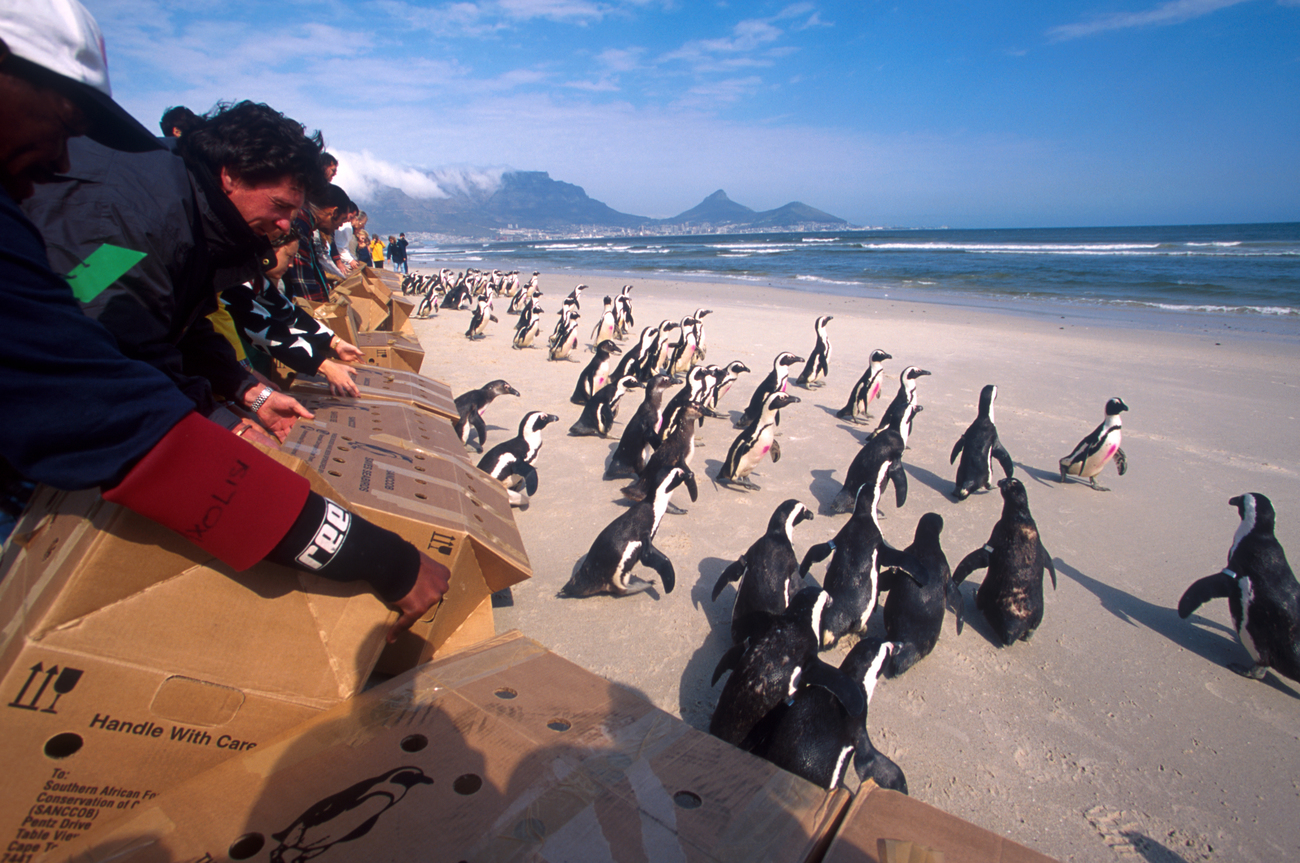
IFAW stops the Mexican government and Mitsubishi Corp. from building the world’s largest salt factory in Laguna San Ignacio, the last undisturbed nursery for critically endangered gray whales.
IFAW rescues 24 tigers from a backyard zoo in New Jersey. The publicity helps pass the Captive Wildlife Safety Act.
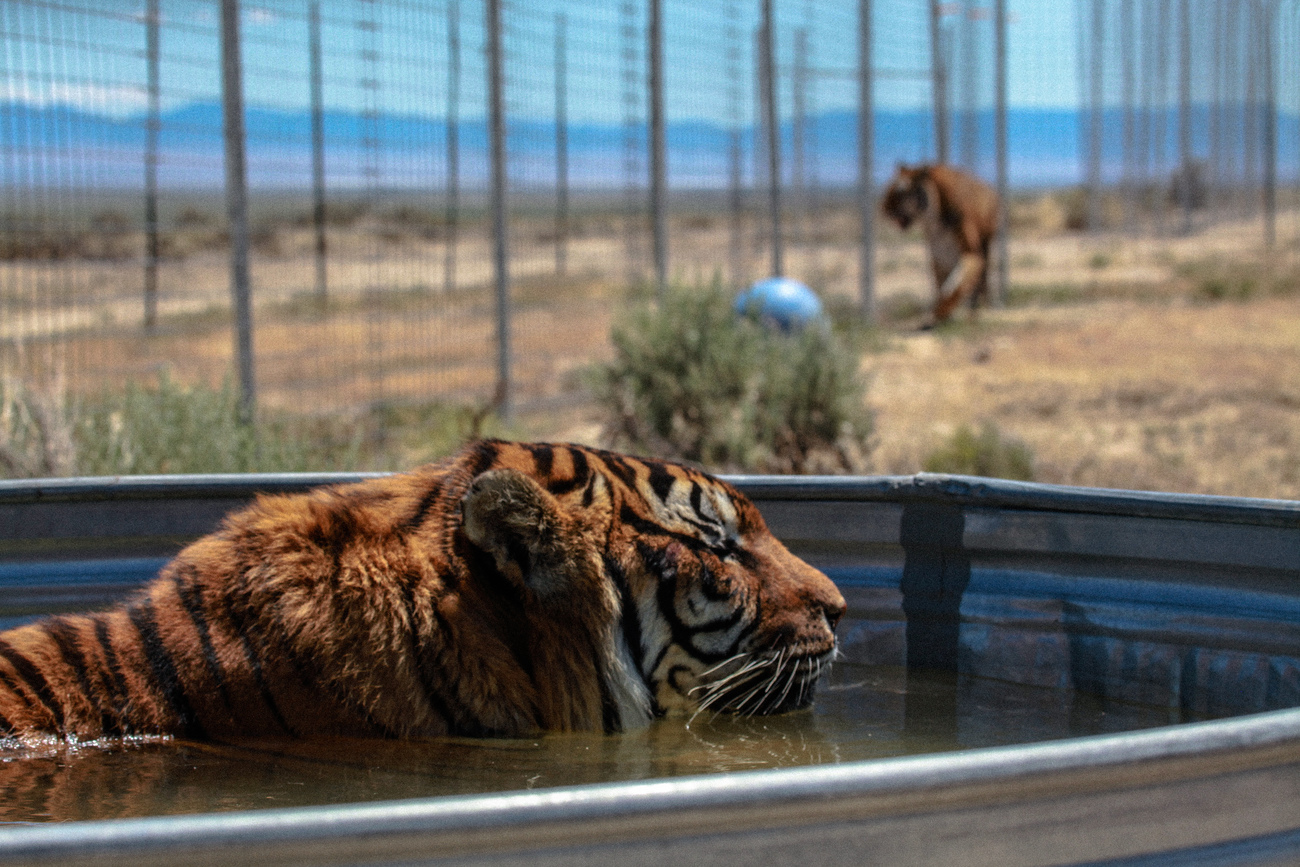
Kenya’s Meru National Park is awarded world-class conservation status after IFAW's five-year project helps rebuild the park’s entire ecosystem.
IFAW purchases migration corridor in India to protect more than 1,000 endangered Asian elephants.
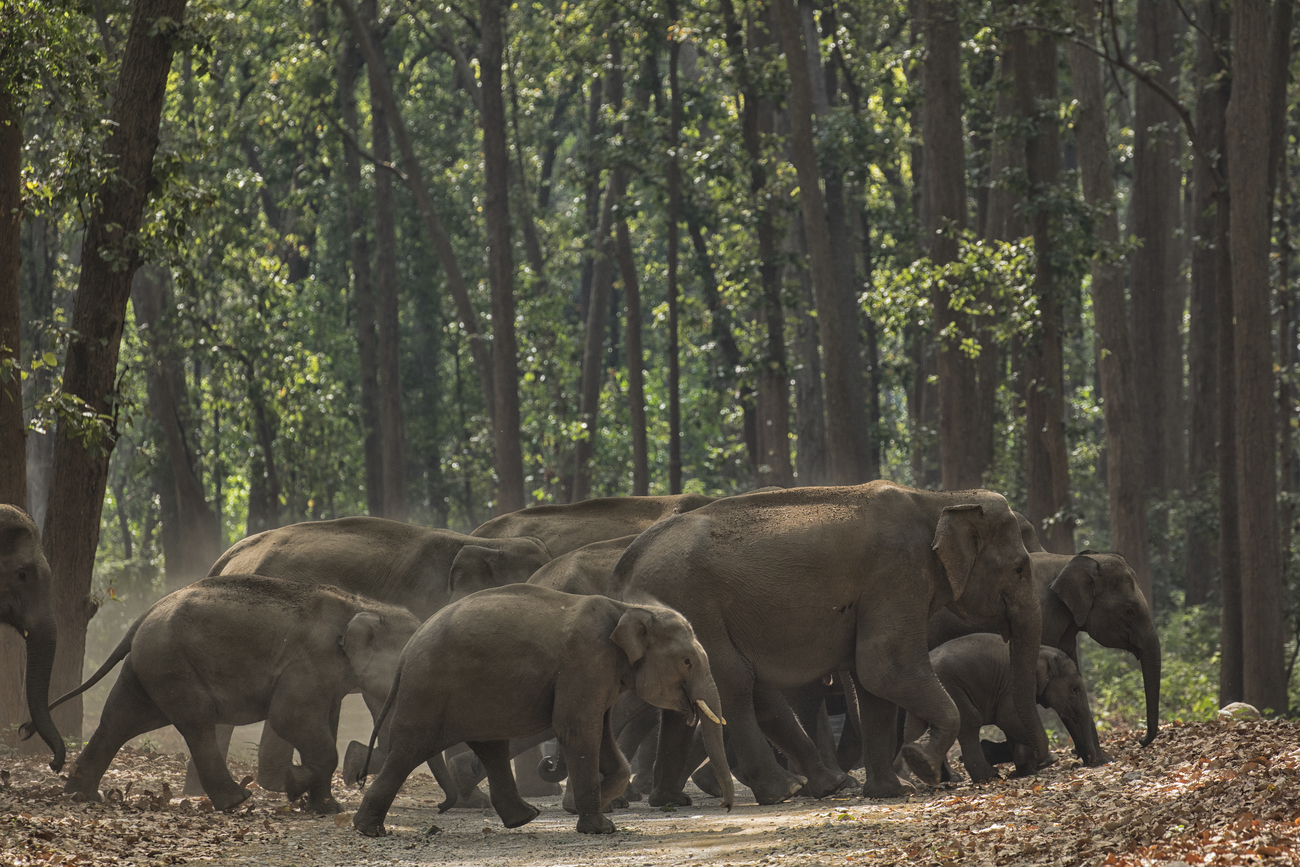
Russia prohibits the hunting of baby seals, saving 35,000 harp seals each year.
The European Union bans imports of seal products from the commercial Canadian hunt, saving hundreds of thousands of seals each year.
In June, IFAW successfully moves a herd of 83 endangered African elephants out of harm’s way in Malawi.
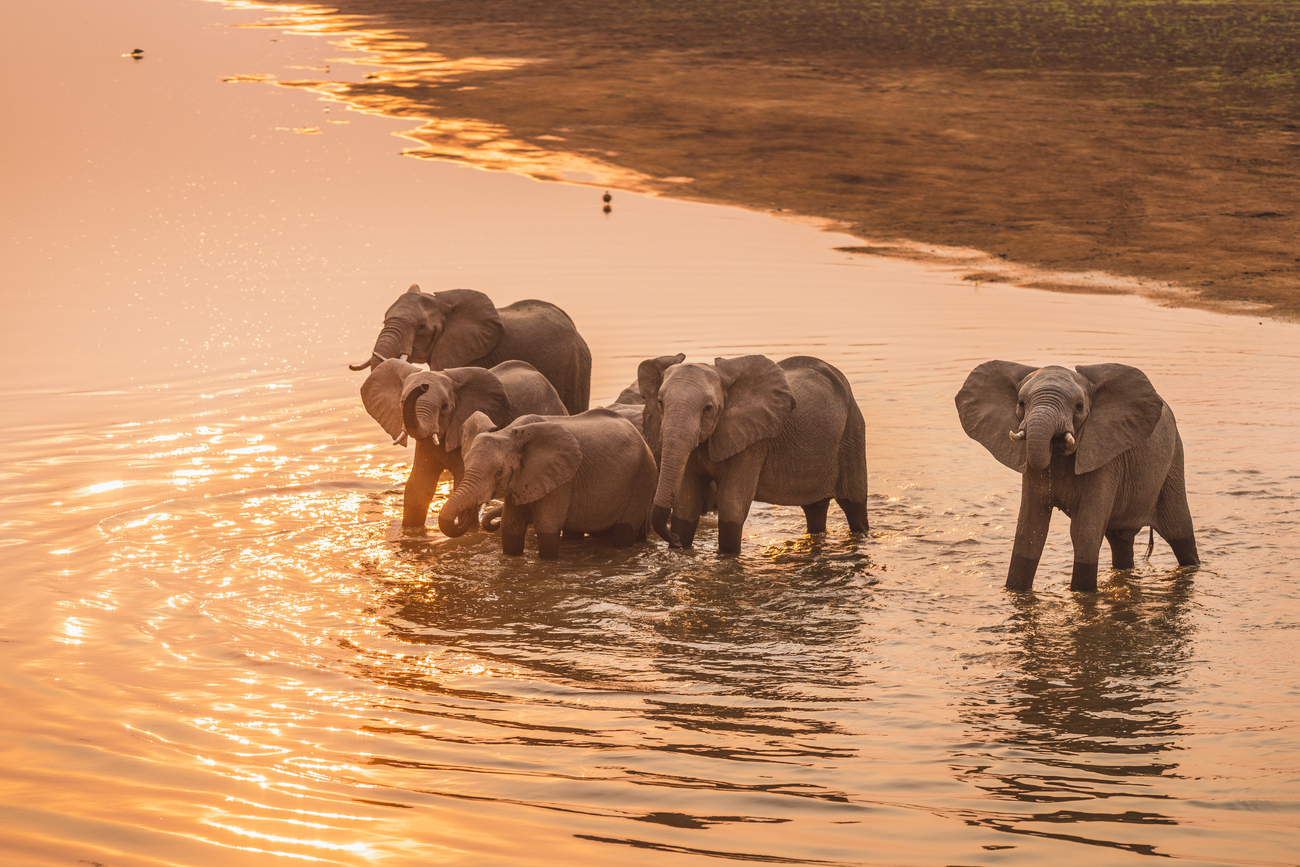
IFAW proves dolphins stranded alone can be released instead of euthanized.
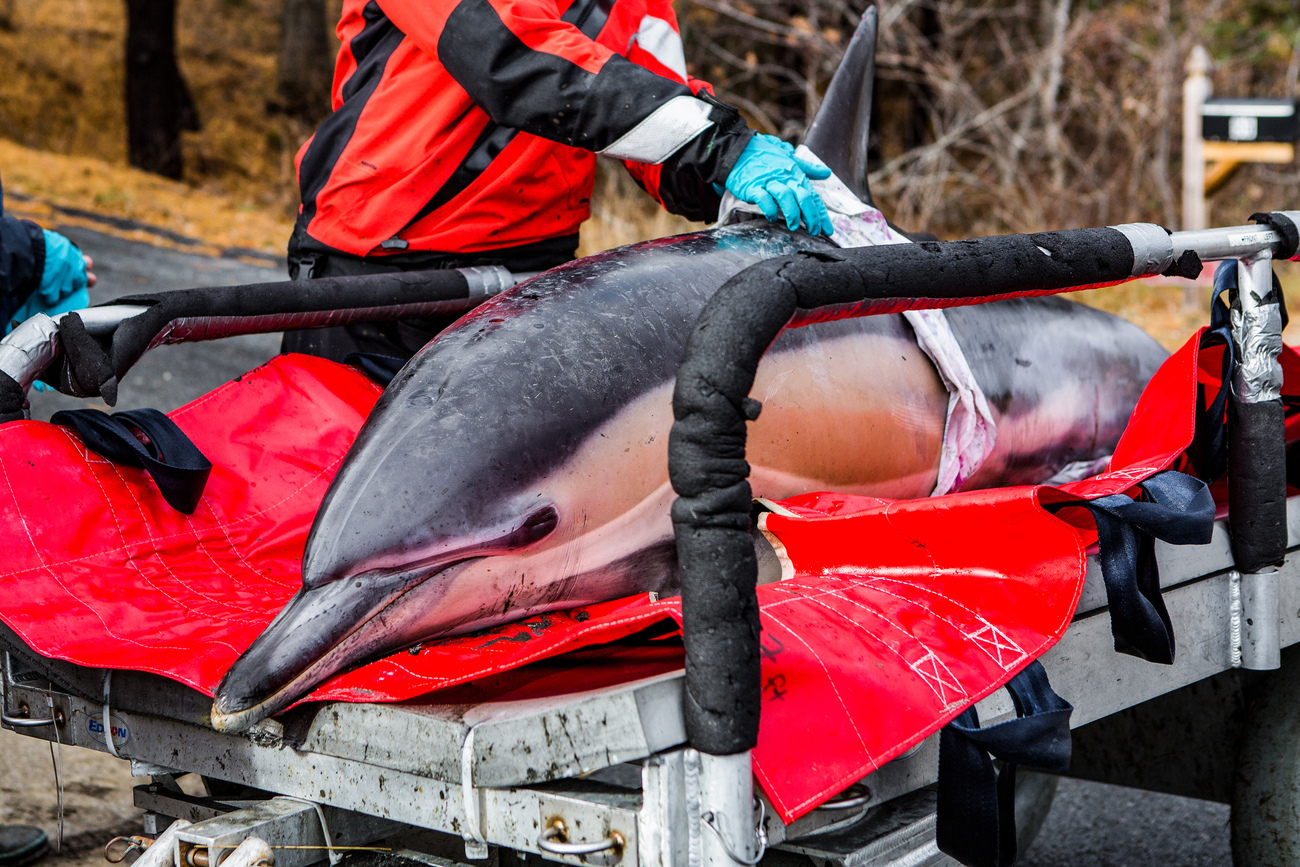
IFAW releases the first-ever rehabilitated clouded leopards into the wild in India.
Following the earthquake in Haiti, IFAW-led Animal Relief Coalition for Haiti helps more than 68,000 animals.
IFAW responds to an unprecedented number of common dolphin strandings on Cape Cod. Of the 114 dolphins we treat 87 successfully 76 percent are released.
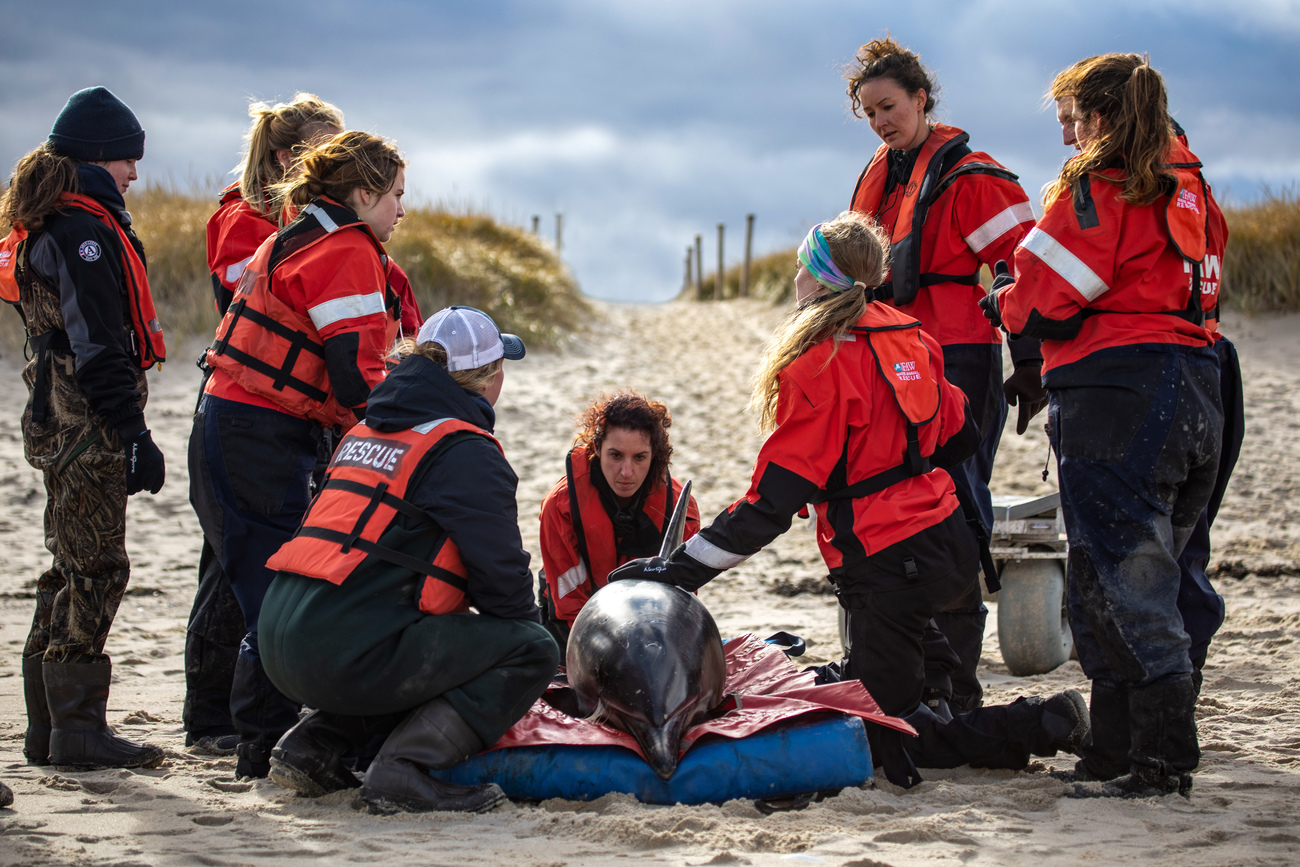
IFAW releases six orphaned Amur tigers into the wild in Far East Russia after years of rehabilitation. One female has cubs two years later
In order to secure 16,000 acres of critical habitat for elephants, IFAW signed an historic lease agreement with a Maasai community near Amboseli National Park in Kenya.
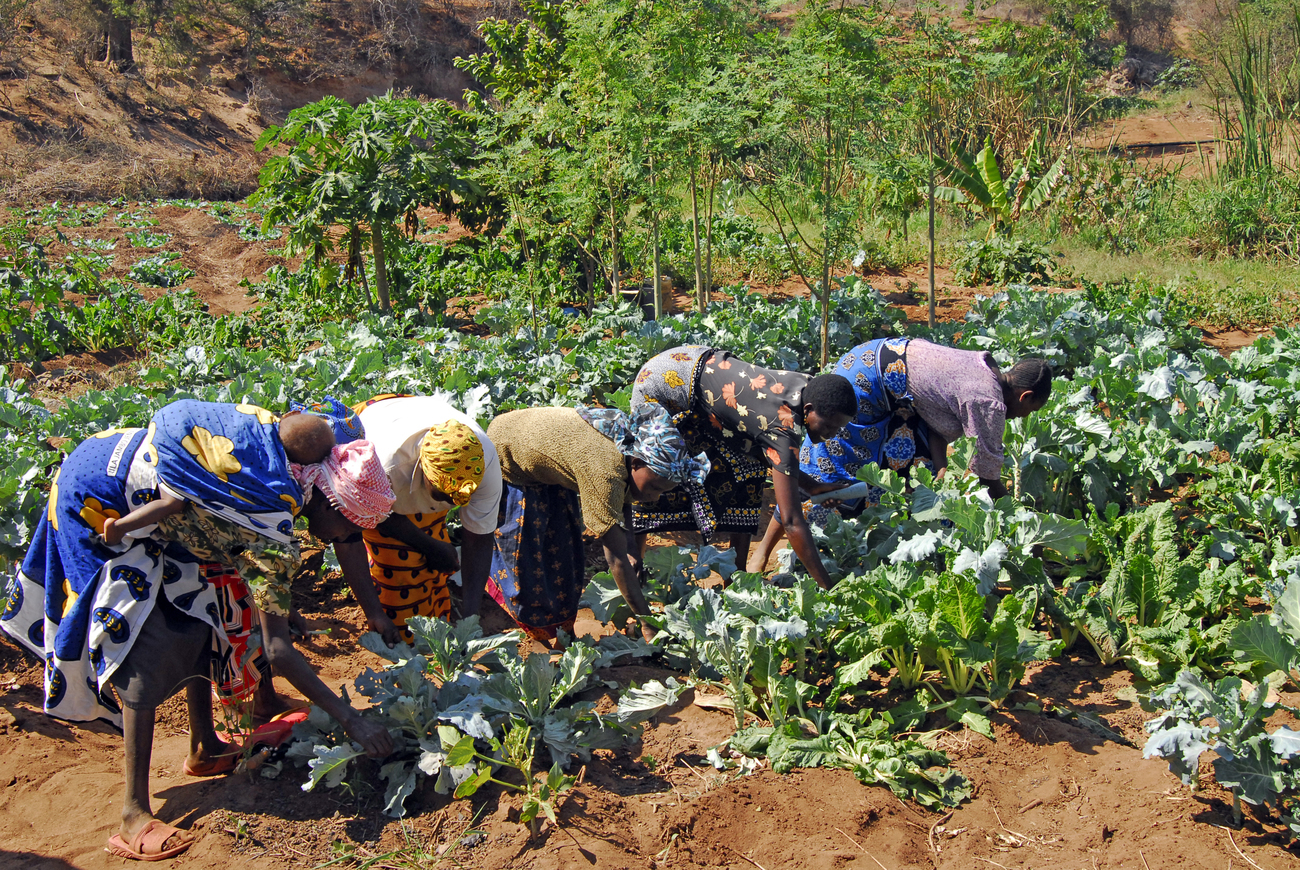
The first-ever Memorandum of Understanding signed by INTERPOL’s Environmental Crime Program with a non-governmental organization established a cooperative framework between INTERPOL and IFAW to combat global wildlife crime.
The International Court of Justice finds that Japan’s Southern Ocean whale hunt is illegal under international law.
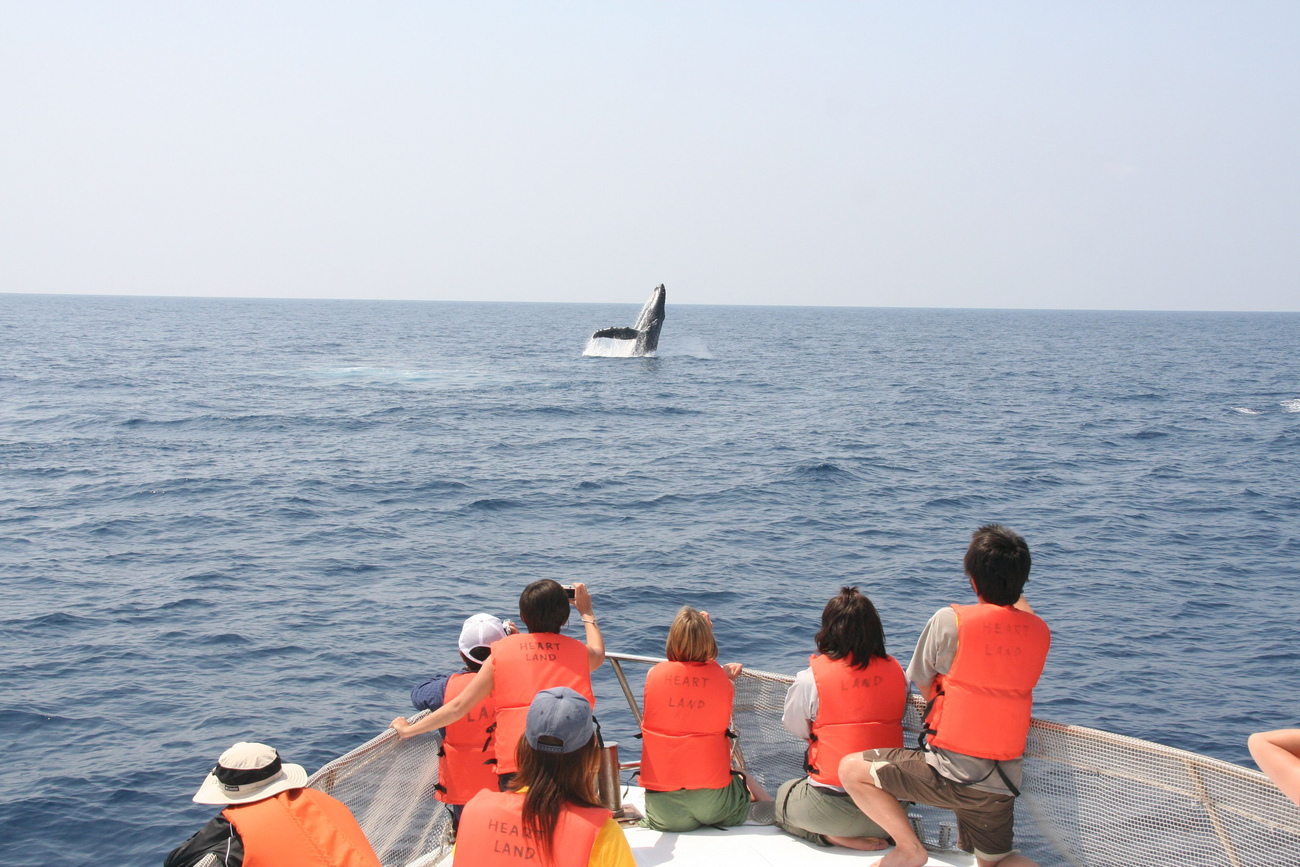
The World Trade Organization rules that the EU has the right to ban seal products on the basis of animal welfare concerns.
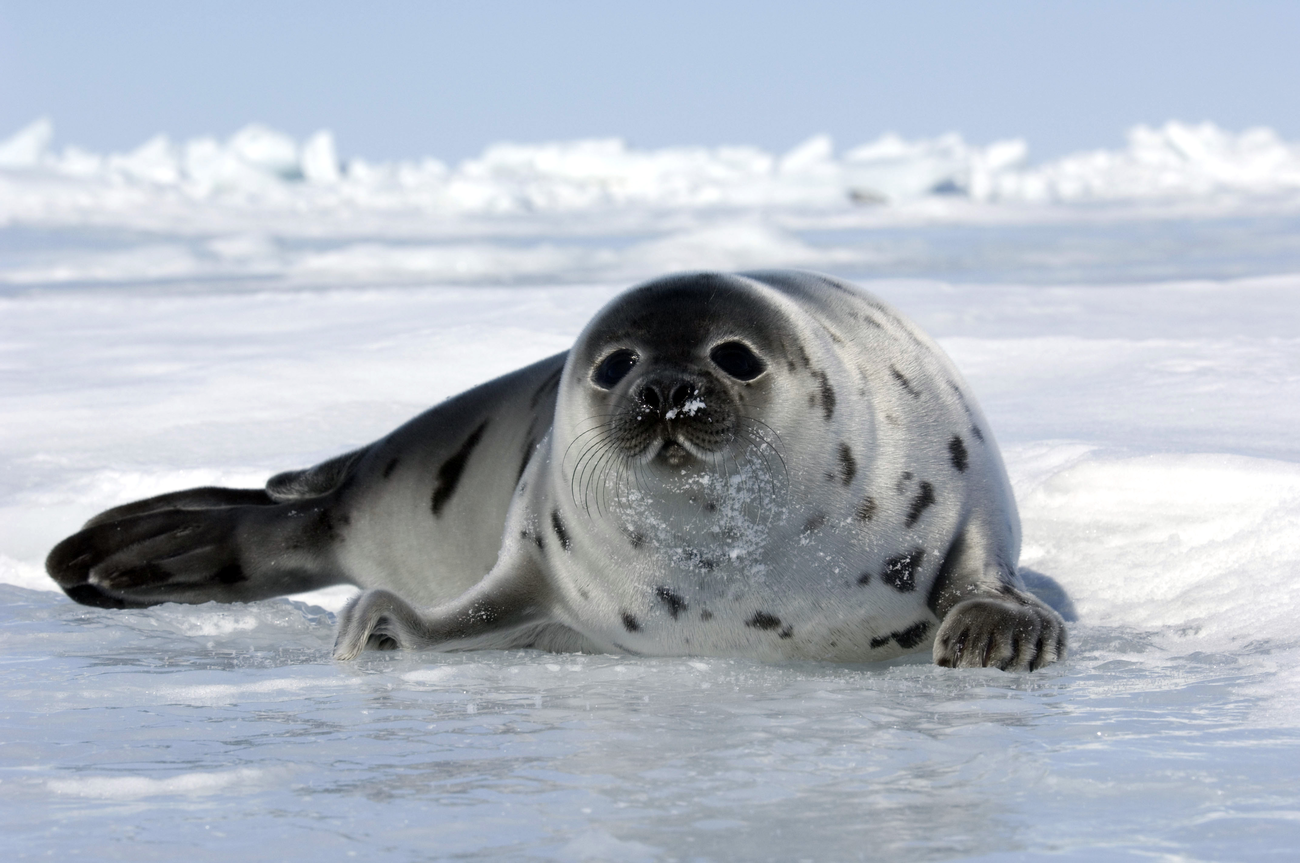
In China, IFAW launches a major media campaign featuring Chinese opinion leaders who encourage consumers to reject ivory trade to save elephants.
IFAW’s tenBoma program, which combines local intelligence with high-tech data analysis, expands its network beyond Kenya Wildlife Service to include INTERPOL and other NGOs.
What is tenBoma?
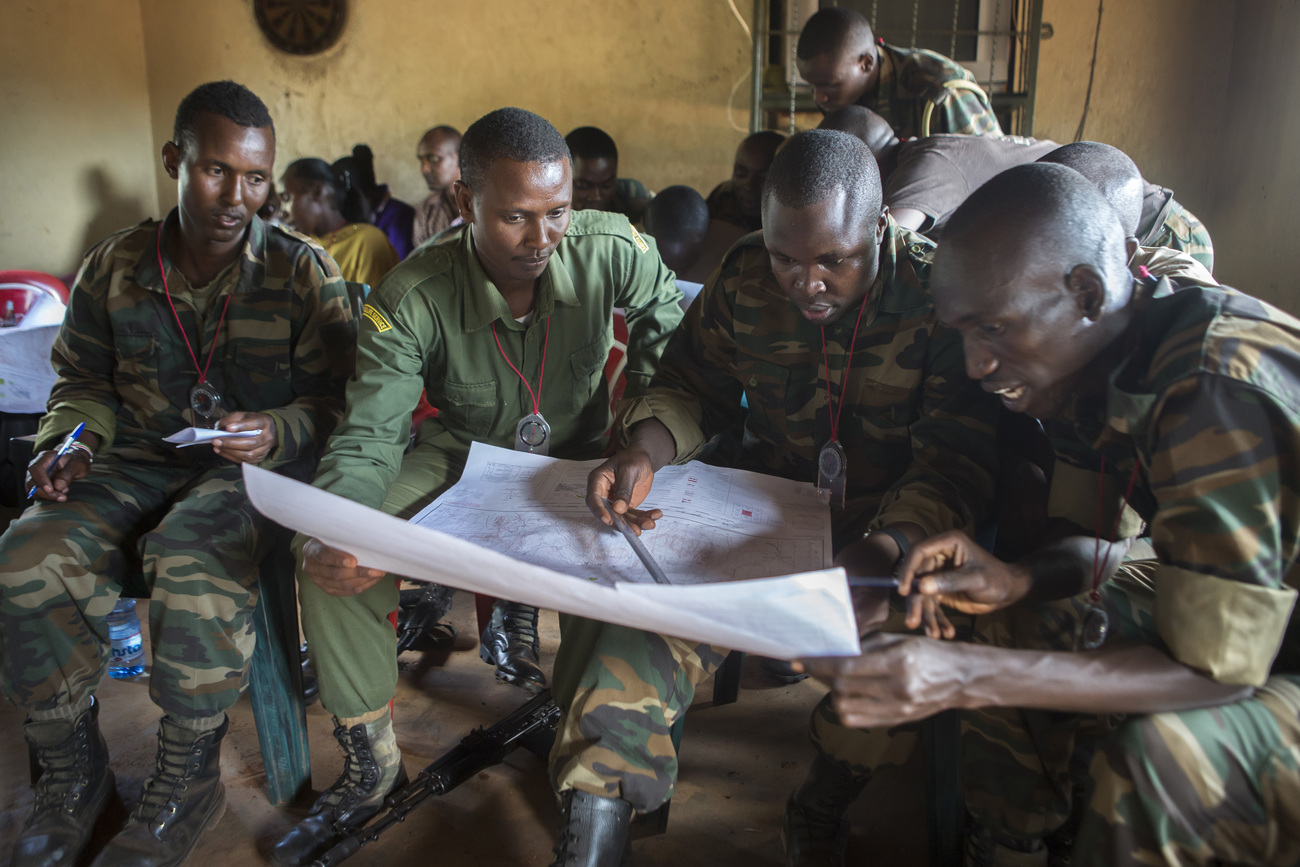
The US Government finalizes ivory regulations to protect African elephants by deterring illegal ivory sale in one of the largest consuming nations.
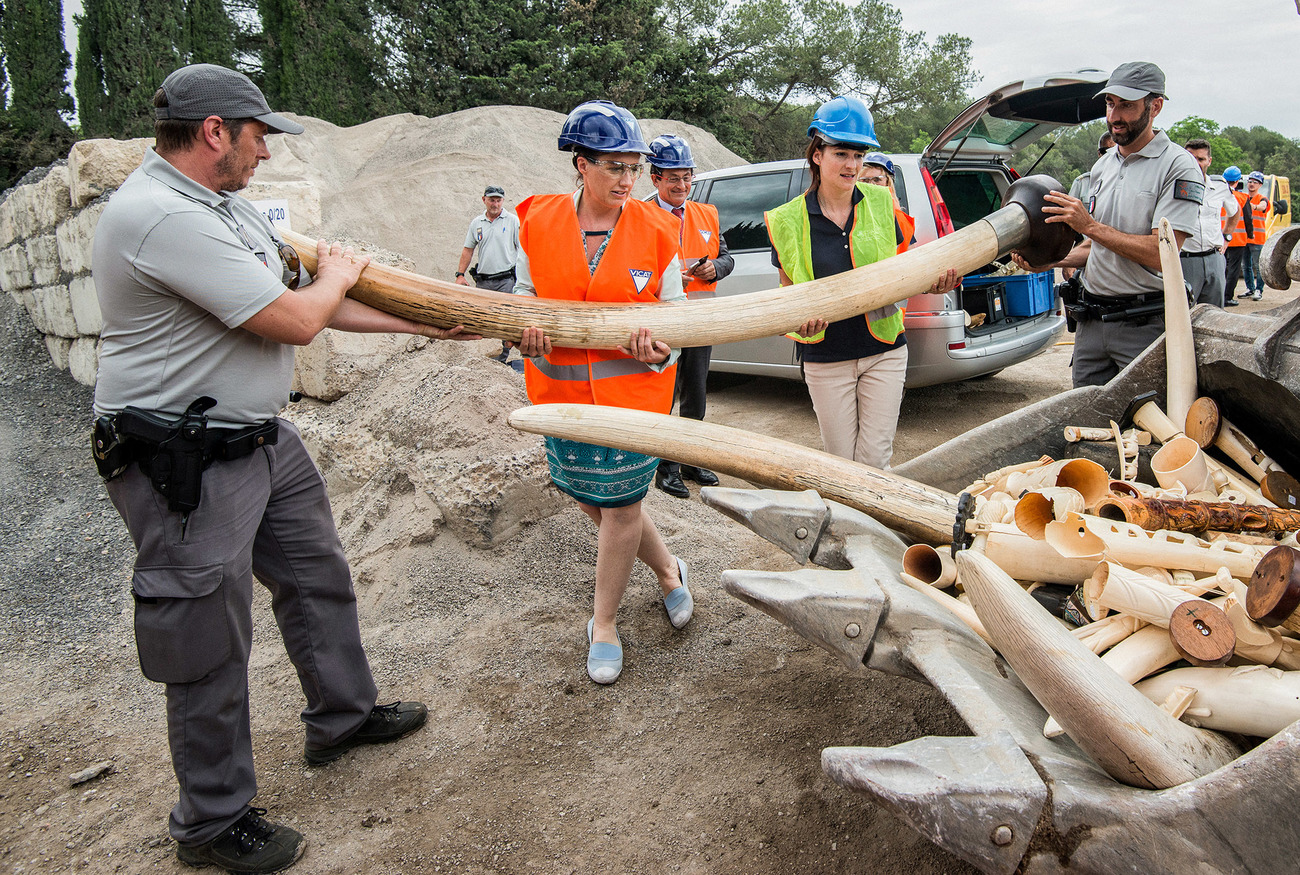
IFAW celebrates its 50th anniversary.
Read moreIFAW at 50
Stay in the know. Be ready to act.
You’ll receive news, updates on activities and on future giving opportunities. You can unsubscribe at any time.